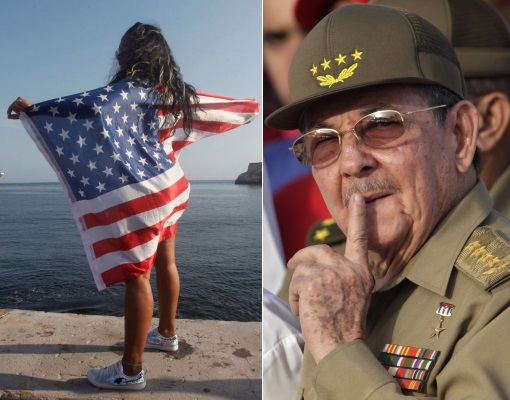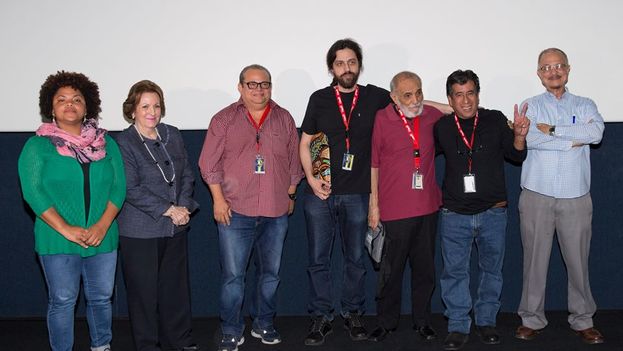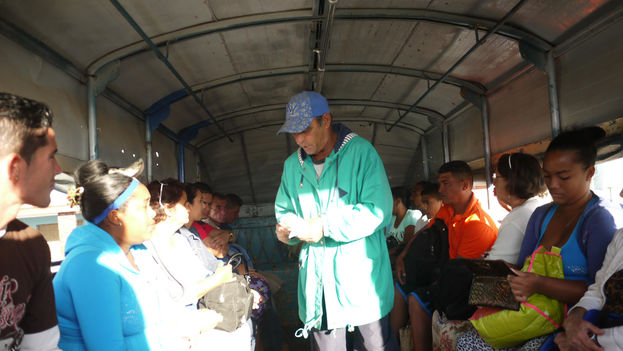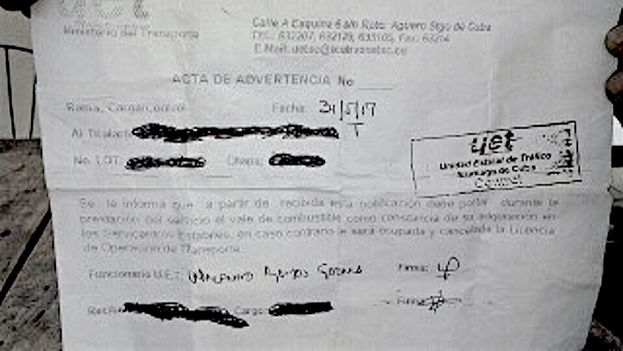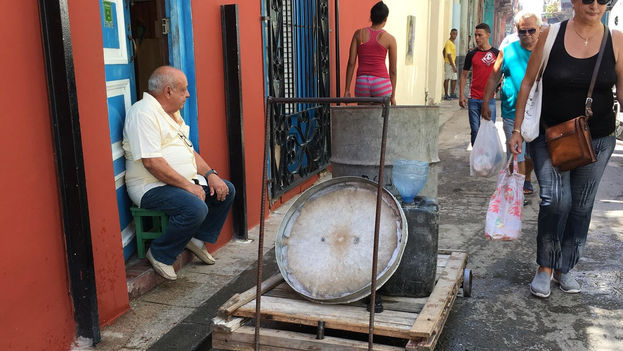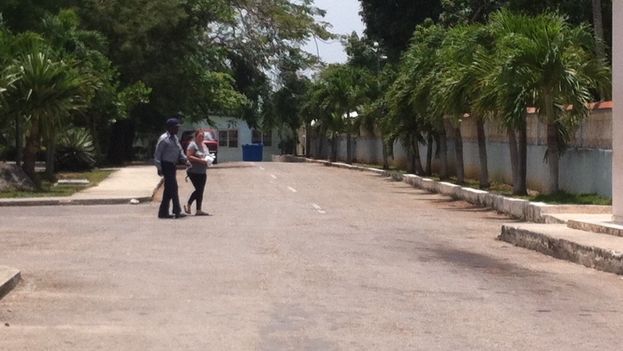![]() 14ymedio, Eliecer Avila, Havana, 1 July 2017 – The Cuban revolution has been, above all, an enormous consortium of audiovisual production with global reach. Outside of the Island, this propagandistic flow competes with other products, but within, it roams freely, convinces some, confuses others and paralyzes the will of sectors indispensable to social change.
14ymedio, Eliecer Avila, Havana, 1 July 2017 – The Cuban revolution has been, above all, an enormous consortium of audiovisual production with global reach. Outside of the Island, this propagandistic flow competes with other products, but within, it roams freely, convinces some, confuses others and paralyzes the will of sectors indispensable to social change.
For more than half a century, officialdom has been preoccupied with the creation of emblematic songs, heavily ideological animated pictures; novels, ventures and series that spread their version of history, plus news and books geared towards maintaining the status quo.
That audiovisual machinery is so embedded in daily life that some barely notice its presence; but for a newcomer, it stands out.
A while back, a Peruvian journalist who had not been to Cuba insisted on researching why Cubans continue to live under a totalitarian regime when all of Latin America is democratic. continue reading
No explanation satisfied him, but the reporter travelled to the Island in order to report about the recently opened relations between Washington and Havana. During his stay he was able to watch television, listen to the radio, read newspapers and talk with people… After three days he called a friend in order to tell him – half-scared – that he now understood what was happening.
Cubans, with few exceptions, have peculiar ideas about world events and especially about their own reality, as that journalist learned. When questioned about the source of their “certainties,” the nationals invariably cite the official daily Granma, the primetime television newscast and the TeleSur channel.
The amazed visitor heard in the street that “the FARC are a group of revolutionaries that fight for social justice.” Meanwhile, others feel relieved because “there is a leader like Vladimir Putin who puts a stop to the excesses of the imperial Yankee” or assert that these days “the majority of Russians seek the return of Communism.”
In his time on the Island, the reporter heard people assert that “ISIS is an invention of the United States to encourage conflict in the Arab world and keep its oil resources,” while in Latin America “children die of hunger, without rights to health care or education.”
The man could not believe it when a citizen swore to him that “the internet is a weapon of the U.S. to spy on those who do not subordinate themselves to its designs,” that the Island is “more democratic than the U.S. and Europe” and that “human rights activists just want to leave the country.”
Although new technology has helped remove the rigid national mentality and diversified opinion about many topics, to underestimate the propagandistic apparatus of the Communist Party is a mistake.
The official media continues to have a monopoly on the reach, quantity, immediacy and depth of reporting, which is the key to understanding the country’s civic stagnation.
An example of this is the recently concluded broadcast of the latest jewel of national television, the series, The Other War, an adventure dedicated to the “fight against the bandits” in Cuba’s Escambray Mountains, a rebellion that took place in the first six-years after the triumph of the Cuban Revolution. The production achieved a wide audience, and afterwards many cried, reflected and reached conclusions “applicable to these times.”
Each chapter, featuring excellent actors of various generations, described the excesses of the “counter-revolution supported by the U.S.” and at the same time highlighted the values of patriotism, heroism, and commitment of the State Security and other government forces.
As a whole, the material was plagued with omissions, manipulations, and distortions of facts and characters. It disregarded that in that era excesses were committed on every side and that not only the “Batistianos” rose up in arms but also the rebels who made the Revolution and later saw how their path became twisted.
However, there are hardly any available audiovisual materials, and of good artistic workmanship, that effectively contradict this version.
While from exile each year millions of dollars are spent and ultimately dissolved in tangled bureaucratic ways, the creation of a film industry has not been stimulated to rival the totalitarian hegemony in the diffusion of content within the Island.
This situation is paradoxical considering that among the diaspora is found the immense majority of the best artists, musicians, actors, screenwriters, historians, and technicians related to film, television and audiovisual production.
Many private or institutional donors who want to contribute to the Cuban cause still underestimate the power of the media and prefer to bet on other methods. They forget that the Soviet hierarchies themselves once blamed Hollywood and Walt Disney for the debacle that the system suffered.
The idea of Cuba’s freedom needs a modern narrative, with means to amplify its reach and transmit democratic values. For more than five decades the Plaza of the Revolution has been using mass media to impose its version of history. That is why it is so important for the citizenry to have audiovisual content that combines quality and truth.
Translated by Mary Lou Keel

